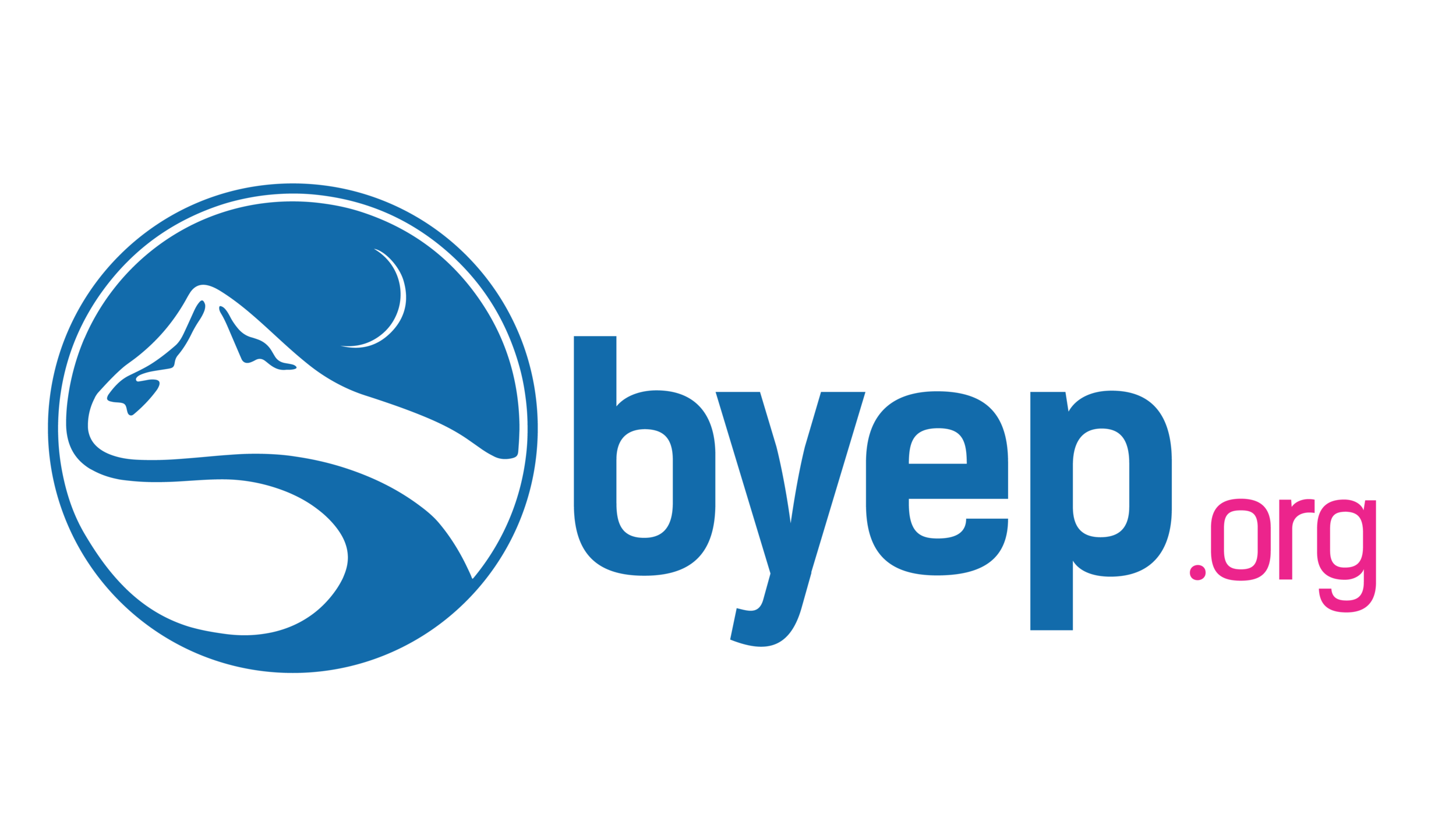How To Connect With Teens
Greg Smith, BYEP Program Manger
Connecting and communicating with teens can be a scary thing for many adults. But it doesn't have to be.
I’ve been working with BYEP in Montana as a volunteer mentor or employee for about 6 years now. And over that time I’ve been lucky enough to learn from an extraordinary group of teens, mentors, and employees.
Here's some of the most important things I've learned when it comes to connecting with teens:
1. Be Authentic
Though it might be a bit obvious, this is always at the top of my list when I’m speaking with people trying to build relationships with teens. As teenagers navigate the challenging years and social dynamics of high school, modeling what it means to be the most honest version of yourself is invaluable as they explore their identities.
Embrace your flaws and mistakes, as well as your strengths and successes. This will help understand what it means to come of age and transition toward adulthood.
It will show maturity.
I often hear mentors and people question their “relatability.” However, what I’ve seen time and again is the "relatability" is more about authenticity than commonality.
Be who you are. And show kids that they can also be who they are.
2. Admit When You’ve Made a Mistake
Some of the most powerful experiences I’ve had with teens is when I've messed up and acknowledged my mistakes with them.
Kids often feel pressure from so many places in their lives. Friends, school, parents, sports... The constant questioning of what’s next, what's success, and having the burden of an unknown future.
Showing kids that an adult they have a connection with is capable of making a mistake and is willing to admit it, clean it up, and move forward both shows that you care about that child and that even adults make mistakes.
Relieving any pressure they feel to be perfect is a vital step. Many kids see adults as infallible, and showing them that's not true is incredibly important in childhood development.
3. Hold Teens Accountable
This one's tricky, as the balance between building rapport and creating change can be fragile. Especially when working with a population that's already flooded with people telling them how to be and what to do.
I recently read an article titled “Keeping it Real with Teen Clients.” In it, the author talks about how therapists often jump into solution mode when a client opens up about a challenging topic such as self-harm or suicidal ideation.
Unfortunately, many times this shuts the door on the conversation before it really begins.
The most important thing is the way you communicate feedback. Try to remain non-reactive. Feedback can be given through discussion and asking questions rather than immediately trying to solve the problem.
Help them think critically and come to their own conclusions. I see time and again that holding kids accountable to their actions creates a deeper connection once a rapport is established.
One of the biggest benefits of a program like BYEP is our ability to connect teens in our community to caring adults from all different walks of life. This strength comes from the diversity of both participants and mentors, and the strength of their mentors.




